PBOC official says inflation will normalize on demand recovery
China will continue to implement a prudent monetary policy to support the real economy, and there is no basis for long-term deflation or inflation in China, an official from the country's central bank said at a news conference on Thursday.
Zou Lan, head of the monetary policy department at the People's Bank of China, said consumer demand is expected to further recover with the financial support, and consumer price inflation will gradually return to the average level of the previous years with a U-shaped full-year growth.
Zou also said the PBOC will pay attention to factors that may impact prices, such as imported inflation.
Luo Zhiheng, chief economist at Yuekai Securities, said his team believes that the current downtrend in price growth is not deflation but due to a drop in vegetable and fuel prices as well as relatively sluggish durable goods consumption.
"Currently, China's economic recovery is on track, with indicators such as the purchasing managers index readings and social financing reflecting a positive economic recovery trend," Luo said.
Agreed Chen Chuanglian, deputy director of the Southern China Institute of Finance at Jinan University in Guangzhou, Guangdong province. China's economy, Chen said, picked up in the first quarter and is stabilizing — and a consumer-driven recovery is on track.
During the news conference, Zou said the collapse of Silicon Valley Bank in the United States has highlighted the need for paying heed to risks related to interest rates, adding that China has refrained from making drastic changes to interest rates and thus created favorable conditions for financial institutions to manage interest rate risks.
The PBOC will continue to implement a stable monetary policy, maintain interest rates at an appropriate level and further leverage structural monetary tools to support the economy, Zou said.
Some small and medium-sized banks have recently reduced their deposit rates as they did not cut the rates in September last year, when large banks cut their deposit rates in line with the market-oriented mechanism of deposit rate adjustments, he recalled, to give the right context to his observations.
Experts said Zou's remarks have strengthened their view that the recent deposit rate cuts by some smaller banks are unlikely to be a harbinger of a new round of deposit rate cuts among most banks.
Instead, Wen Bin, chief economist at China Minsheng Bank, said the country's interest rate level is expected to stay overall stable as the need to reduce interest rates has decreased given the growing momentum of economic recovery.
Rather than cutting benchmark interest rates, the PBOC is more likely to make use of structural policy tools to reduce the financing costs of specific sectors, Wen said.
Pointing to a condition of stable interest rate levels, China's one-year loan prime rate, a market-based benchmark lending rate, came in at 3.65 percent on Thursday, remaining unchanged for the eighth consecutive month.
The over-five-year LPR, on which lenders base their mortgage rates, also remained unchanged at 4.3 percent on Thursday, according to the PBOC.









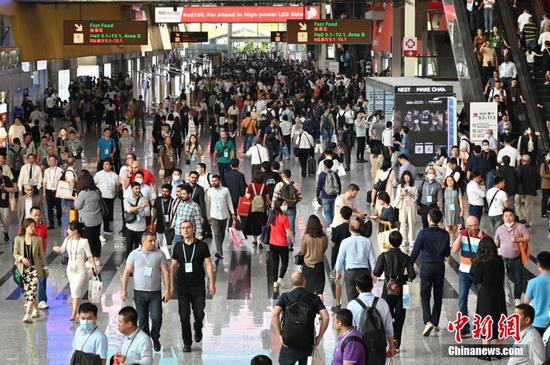
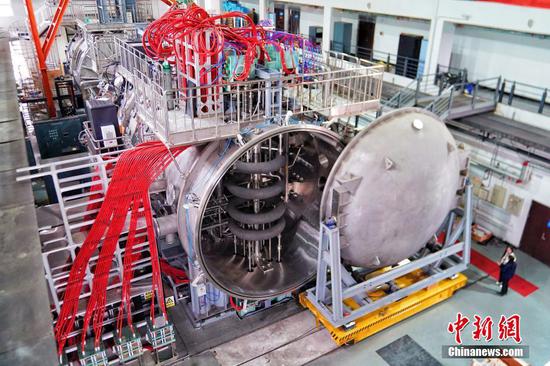
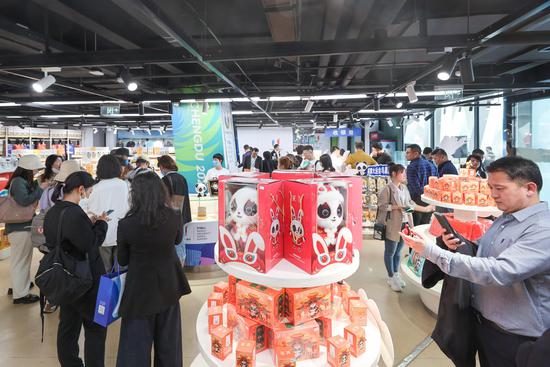





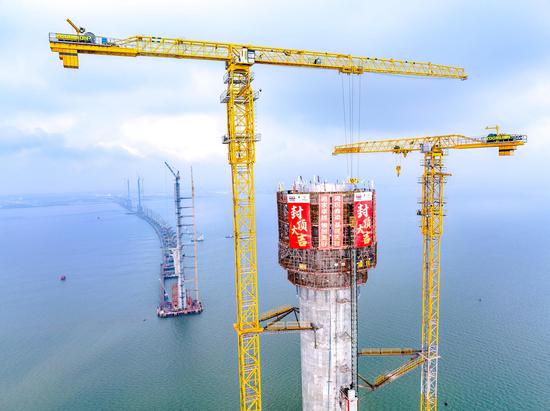

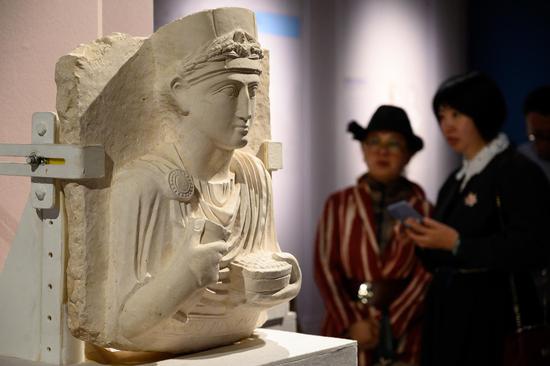





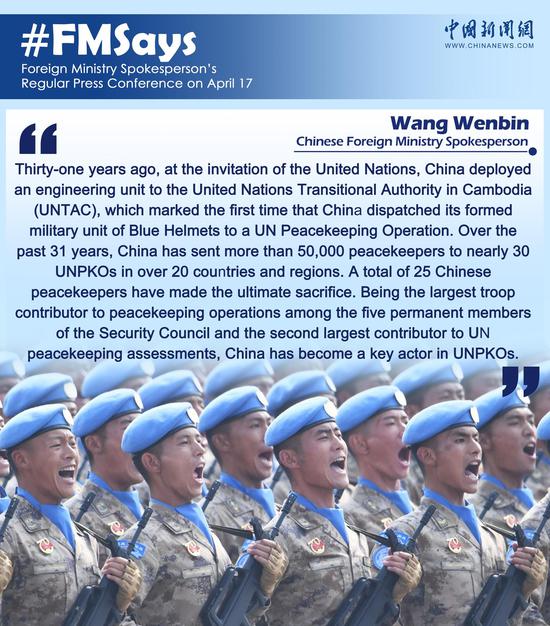

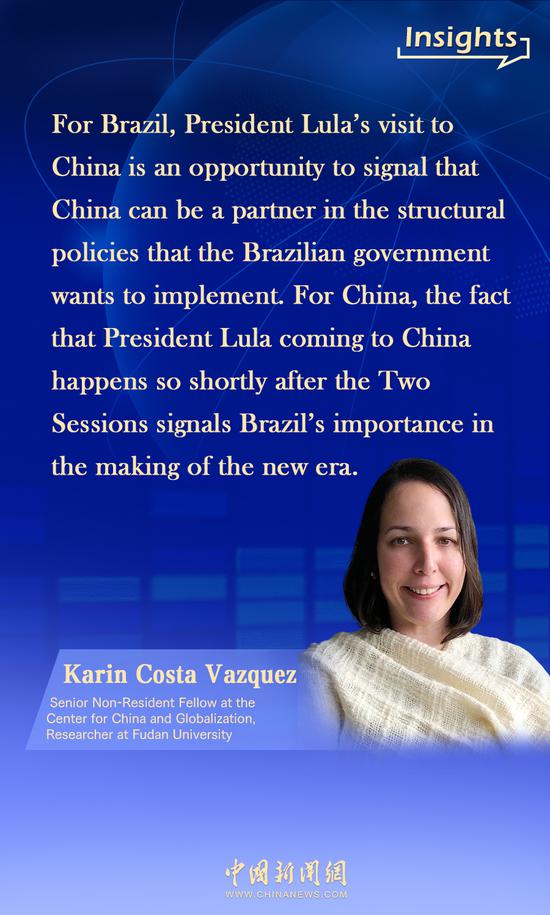



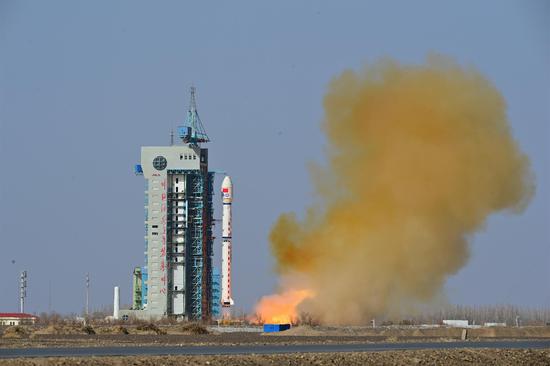
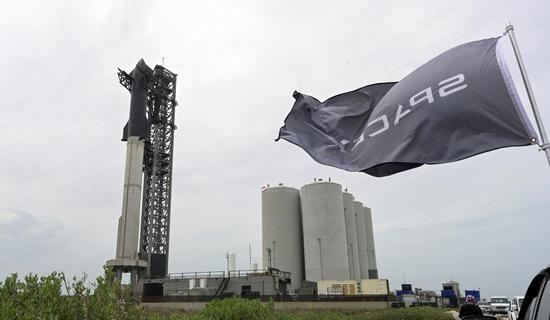


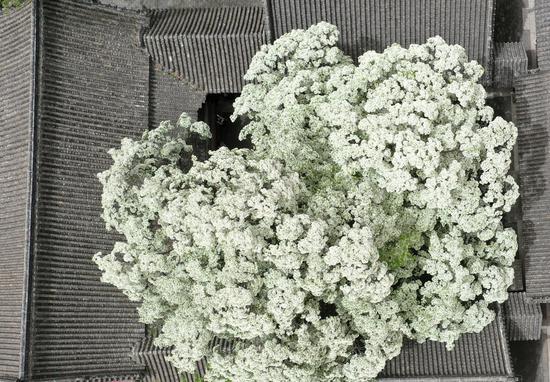
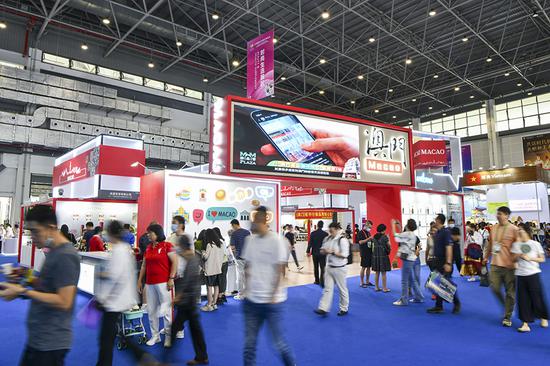


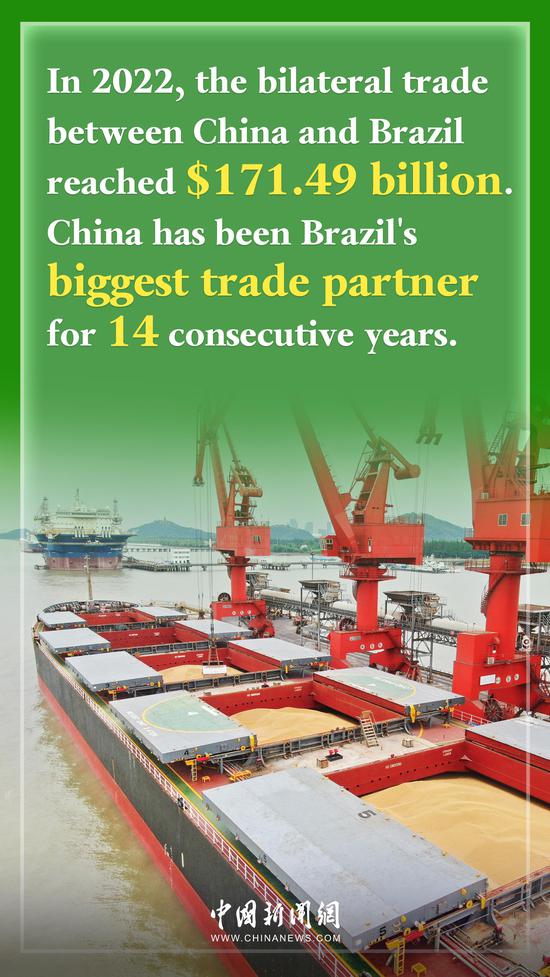
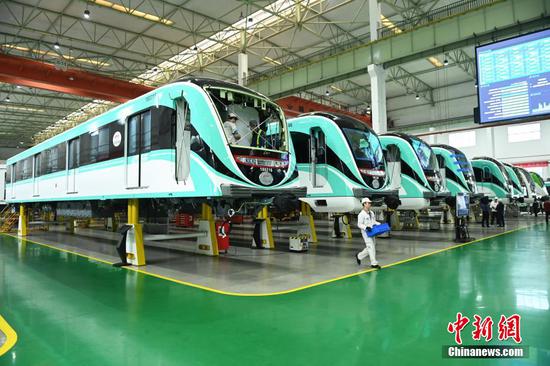









 京公网安备 11010202009201号
京公网安备 11010202009201号